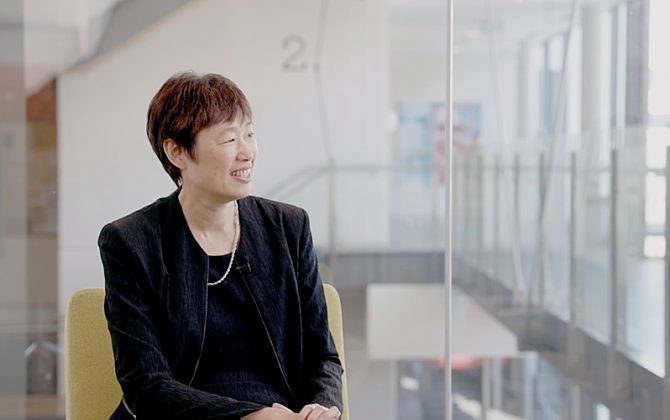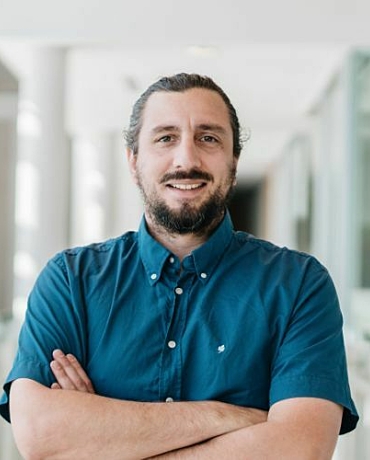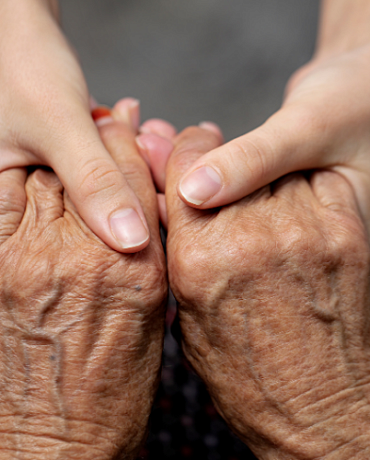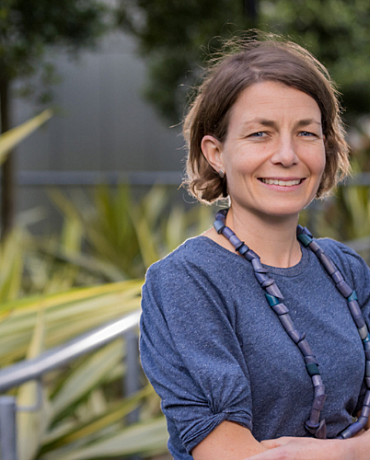Neuroscience Research Australia (NeuRA) and its partners have appointed Professor Carolyn Sue AM as the inaugural Kinghorn Chair, Neurodegeneration. Professor Sue brings with her a team of over 20 clinical and research staff.
The appointment is possible through the generous support of the Kinghorn Foundation. They have made a five-year, multi-million dollar philanthropic commitment to Professor Sue’s work to discover and implement new therapeutic solutions to Parkinson’s and mitochondrial disease.
Professor Peter Schofield AO, NeuRA’s Chief Executive Officer says, “I am thrilled to welcome Professor Sue into our research community. She brings a wealth of both clinical and research expertise and an acute focus
on outcomes for the consumer. I anticipate a real acceleration of research results and commercial development of new therapeutics and I cannot thank the Kinghorn Foundation enough for creating such an opportunity.”
An internationally recognised clinical research leader in Parkinson’s and mitochondrial disease, Professor Sue is a medicine alum of UNSW who has trained at Prince of Wales Hospital and at Columbia University in the United States.
Prof Sue is a Fellow of the Australian Academy of Health and Medical Sciences and serves on the Council of the National Health and Medical Research Council. She also holds leadership roles at Movement Disorder Society of Australia and New Zealand, International Parkinson’s disease and Movement Disorder Society and Australian Mitochondrial Disease Medical Network.
“This is the time for me to return to my roots on what is now known as the Randwick Health & Innovation Precinct, as I originally trained under Professor James Lance at the Prince of Wales Hospital and UNSW,” Professor Sue says.
“The Kinghorn Chair position will allow me to focus and devote my time to clinical research. I want to improve health outcomes for those living with Parkinson’s and mitochondrial disease. The innovations my team can deliver have the potential to slow the progression of Parkinson’s disease, and perhaps even to stop it.”
As the inaugural Kinghorn Chair, Neurodegeneration at NeuRA, Prof Sue also seeks to establish clinical trials centres for both Parkinson’s disease and mitochondrial disease patients and create a training centre for clinicians and scientists in the neurosciences who will become future leaders in neuroscience research, expanding on the collective achievements of NeuRA.
NeuRA’s partners in the appointment include South Eastern Sydney Local Health District, who enable and support the clinical appointments of the team and UNSW Sydney who co-fund and make the academic appointments.
Chief Executive of the South Eastern Sydney Local Health District, Tobi Wilson, says, “I congratulate NeuRA and the Kinghorn Foundation on this most significant appointment. We are very pleased to be able to play our part in it and we particularly look forward to the boost this will bring to neurology services and clinical training at Prince of Wales Hospital and across our District”.
Dean of UNSW Medicine & Health Professor Vlado Perkovic adds, “Having Professor Sue join us is a wonderful addition to our high performing neuroscience community. She will make an outstanding contribution to our faculty and our students, and to the community as a clinician, researcher, teacher and mentor”.
Professor Sue will commence in her role on 1 September and there will be a staged transition of her research and clinical teams.
NeuRA is committed to boosting our capacity in neurodegeneration research, given the growing prevalence and impact of neurodegenerative conditions on the community. Parkinson’s disease (PD) alone affects more than 10 million people worldwide. Disability and death from PD are increasing faster than from any other neurological disorder. By the time PD is diagnosed, typically 80% of the person’s neurons in the affected brain structures have died and there is currently no cure. Pharmacological treatments only help control the motor dysfunctions involved. Mitochondrial diseases affect both children and adults, are often inherited, can affect many different parts of the body and often lead to secondary conditions such as dementia, stroke, hearing loss or diabetes.
For more information contact:
Abigail Kay
(02) 9399 1835
email hidden; JavaScript is required





